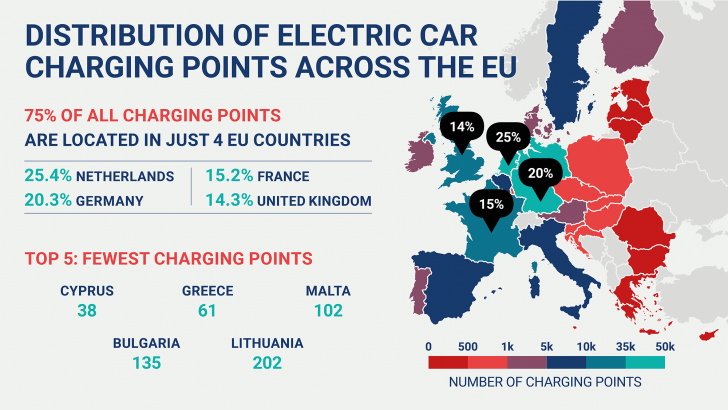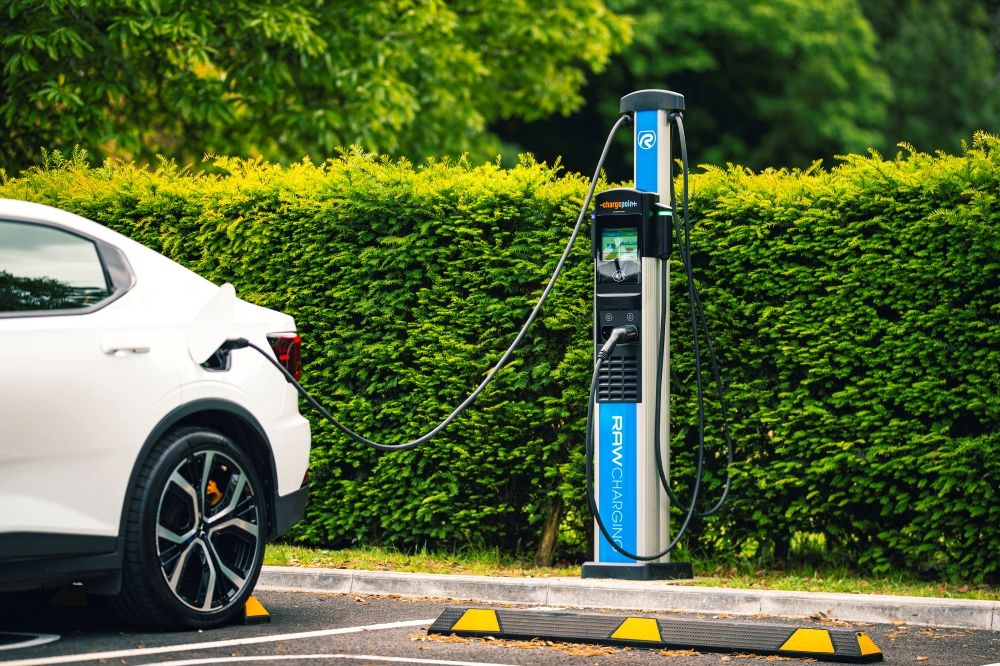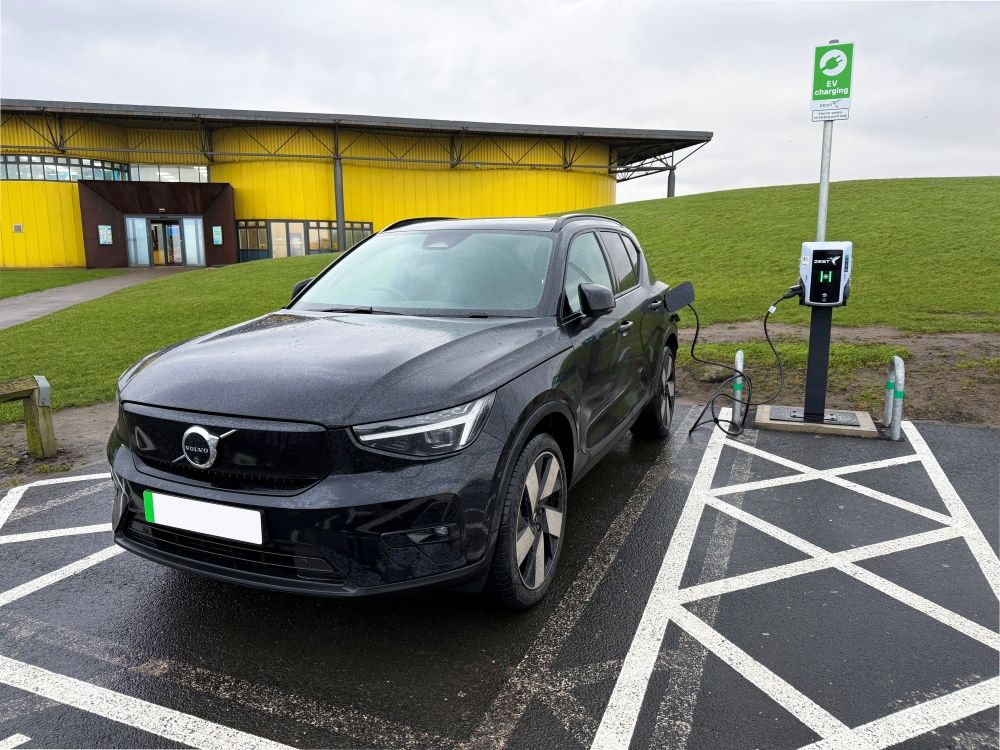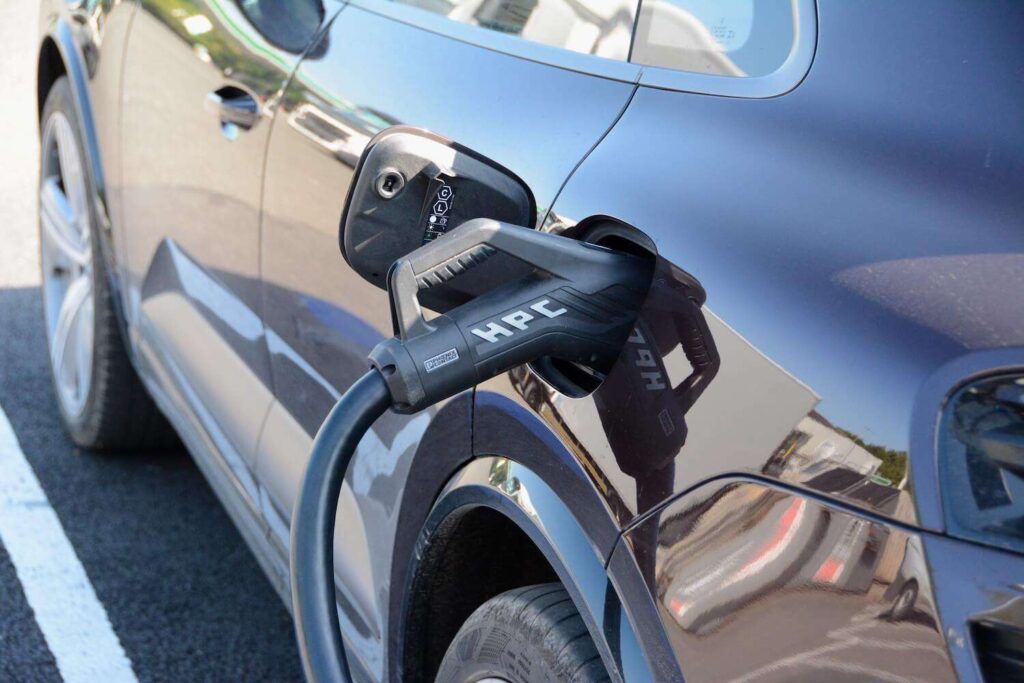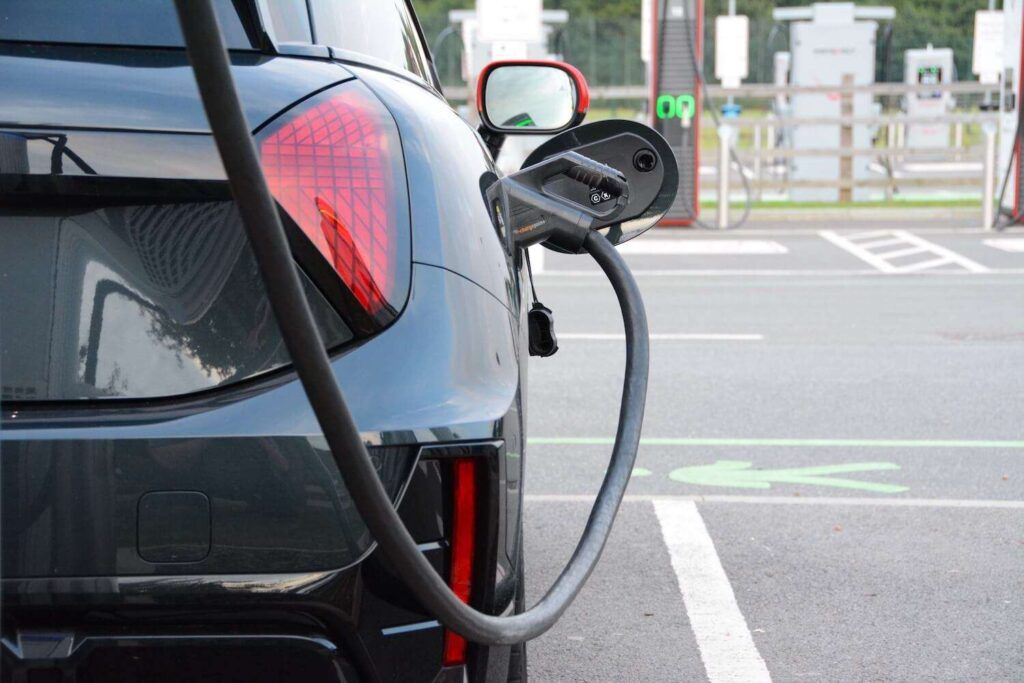A new report by the European Automobile Manufacturers’ Association (ACEA) has revealed the available charging infrastructure for electric vehicles in the EU still falls below requirements.
The study, which did illustrate strong growth, also said the network of points remained unevenly distributed across states with 27% of the total area – covering just four countries (the Netherlands, Germany, France and the UK) – delivering more than 75% of all electric charge points.
The news came in the ACEA’s annual report, ‘Making the Transition to Zero-Emission Mobility’, which tracked progress on the availability of the infrastructure and incentives for EVs. It showed EV cars had increased in sales by 110% over the past three years – but charge points had grown just 58% to 200,000 overall.
Also, the analysis showed only 1 in 7 charge points in the EU was a fast charger. The majority of points are low-capacity power sockets, including those provided at home.
ACEA has been calling on the European Commission to fast-track the review of the EU Alternative Fuels Infrastructure Directive as part of its COVID recovery plan, including clear and binding deployment targets for all member states.
ACEA director-general said the lack of infrastructure keeping up with demand for new vehicles was ‘potentially very dangerous’.
He said: “As we could soon reach a point where growth of electric vehicle uptake stalls if consumers conclude there are simply not enough charging points where they need to travel, or that they have to queue too long for a fast charger.”
“With Europe’s higher climate ambitions in mind, there is now an even greater urgency to upgrade the infrastructure requirements for all alternative vehicles.”




